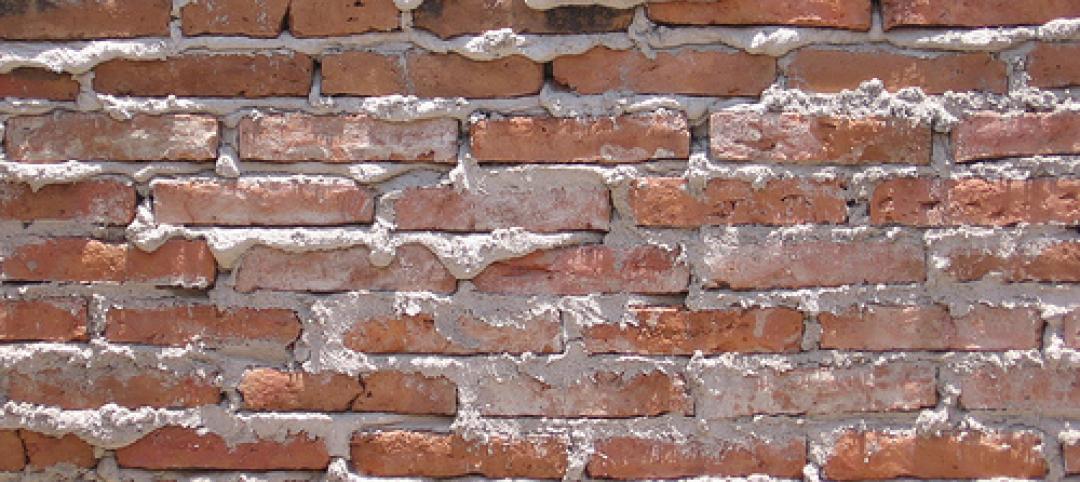National Ready Mixed Concrete Association (NRMCA) members have lowered their carbon footprint by 13% in five years, according to an association news release.
“The 13% reduction in carbon footprint is for 4,000 psi (pounds per square inch) concrete, the most frequently used concrete in the United States,” said James Bogdan, senior director, sustainability initiatives for NRMCA. “Carbon footprint reduction ranged from 8% for 2,500 psi concrete and 20% for 8,000 psi concrete.”
The reductions are mainly due to more efficient use of Portland cement, the primary binder used to make concrete. NRMCA’s performance-based specifications have helped eliminate prescriptive limits on concrete formulation such as minimum cement content and low water-to-cement ratio.
These limitations unnecessarily drive up cement content, the main contributor to carbon emissions, the release says. Some NRMCA members have lowered their carbon even more through innovation. For some applications and projects, concrete producers are incorporating technologies such as supplementary cementitious materials, low-carbon cements, and carbon capture to lower carbon footprint by 50% or more.
Related Stories
| Feb 9, 2012
Rapid growth of zero energy buildings expected
Much of that growth will be in the European Union, where near-zero energy buildings are mandated by 2019 for public buildings, and by 2021 for all construction.
| Feb 9, 2012
Stiffer OSHA fines put strain on Kansas contractors
A fine for a violation that once cost between $750 and $1,200 now runs $7,000 or more per incident, according to a state industry association official.
| Feb 9, 2012
Webinar focuses on lessons learned from LEED-certified industrial project
A Construction Specifications Institute webinar will focus on the lessons learned through the design and construction of a LEED-certified industrial project, Better Living Mill Shop, the first industrial building in Central Virginia to earn LEED certification.
| Feb 8, 2012
California likely to eliminate redevelopment agencies
Leaders of California cities had been trying to fashion a compromise with lawmakers after the state Supreme Court ruled the state had the authority to eliminate the agencies and use their property tax money for local services.
| Feb 8, 2012
Project aimed at economical seismic retrofits on historic Memphis structures
The group will develop a low-cost seismic retrofit model that would benefit aging brick-and-mortar structures. It involves bolting steel brackets to existing wooden floor and ceiling joists.
| Feb 8, 2012
Houston signs on to Better Buildings Challenge
The challenge has about $4 billion in federal and private-sector funds, which it will use for building energy upgrades nationwide in the next two years.
| Feb 8, 2012
OSHA offers free health and safety consulting for small businesses
The consultants offer confidential, non-punitive advice.
| Feb 8, 2012
Controversy over pay for prisoners on roofing job in Michigan
The disagreement was over whether the prisoners should have been paid prevailing wage for their brief time on the job because the project was paid for with a U.S. Department of Energy grant.















